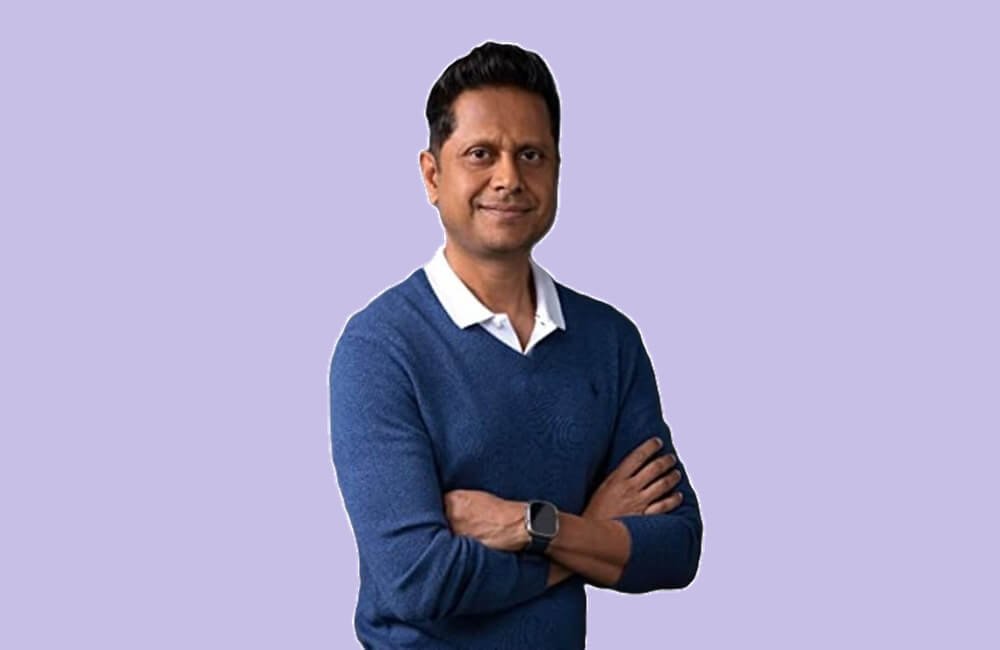Mukesh Bansal, founder of Myntra and co-founder and CEO of fitness services provider Cult.fit, calls for inclusive growth and shares the role of AI in shaping India’s economy.
Serial entrepreneur Mukesh Bansal, known for being the founder of successful e-commerce platform Myntra and co-founder and CEO of popular fitness service provider Cult.fit, recently spoke to ET Edge Insights for the 8th edition . Global Business Summit held in New Delhi.
Despite having an engineering background, Mukesh deviated from the typical career trajectory by initially starting his professional career as a systems analyst at Deloitte. He then took the bold move of moving to Chicago in search of his job opportunities.
From 1999 to 2007, Mukesh was immersed in the Bay Area startup scene, helping grow four early-stage companies. Notably, two of these startups were operating in the e-commerce domain, while the other two were focused on enterprise software solutions. In 2007, Mukesh made the pivotal decision to quit his job in the US and return to India, marking the beginning of a transformational journey in the Indian business landscape.
Indian e-commerce site Myntra was acquired by Flipkart in 2014 for $375 million.
Let’s move on to our conversation. Mukesh recalled that when he returned from Silicon Valley 15 years ago, there was no beneficial ecosystem in India.
“But today, great changes are occurring. Entrepreneurs now have greater support and opportunities. The ability to innovate in the modern context is commendable,” he says. says.
Expressing optimism about future innovations, Mukesh highlighted bullish prospects for the next decade.
Mukesh speaks on the topic of generative AI, highlighting its potential as a key technological change of our time.
While he acknowledges the current hype surrounding Gen AI, he suggests that the fundamental changes needed to make it practical will become apparent in the coming years.
“To ensure productive outcomes with Gen AI, it is important to maintain ‘human relationships’ alongside technological advances,” says Mukesh.
Addressing common sentiments that oscillate between “fear and hope” about technological advances, Mukesh offers a balanced perspective.
He acknowledges the historical trajectory of technological change over the past century that has been characterized by primarily positive impacts, despite the inevitable disruptions. Mukesh reflects on the potential role of AI as a vehicle to maximize India’s GDP growth.
Asked about his approach to charting a new future, Mukesh explained that he is focused on leveraging his expertise in building the company and nurturing deep tech opportunities.
“I have a desire to work together for the development of India. I particularly advocate inclusive growth across tier 3 and 4 towns,” he says.

